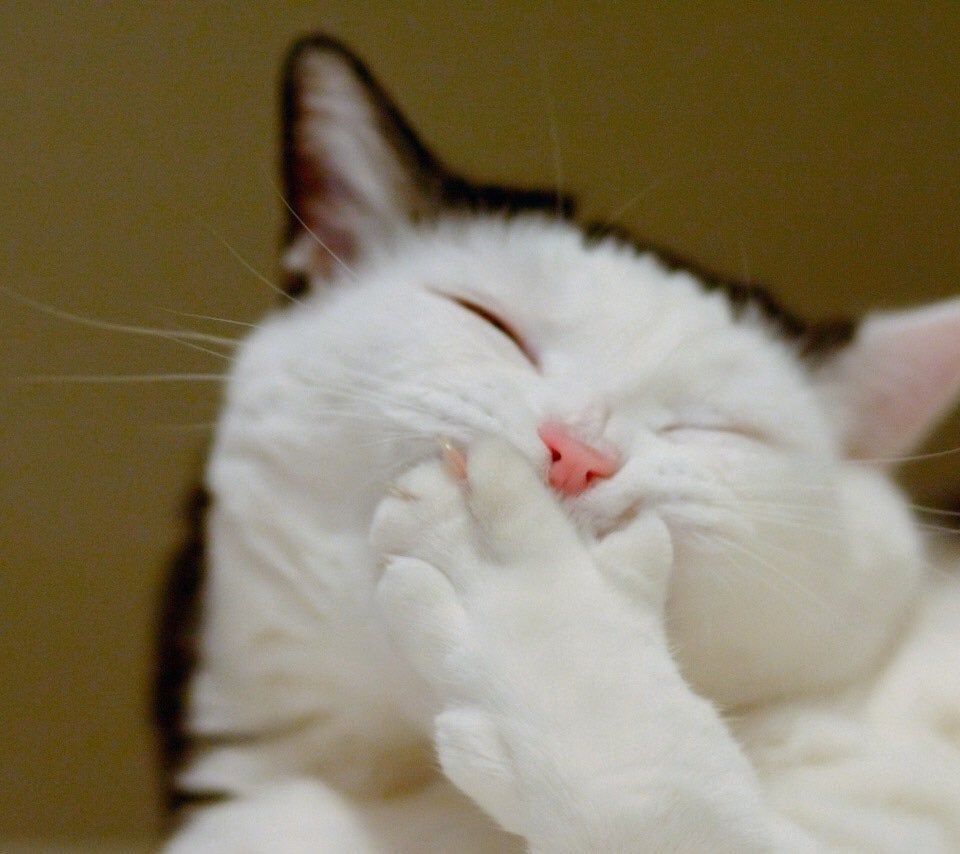Out of necessity and less to lose.
If the soul is left in darkness,
sins will be committed
The guilty one is not he who commits the sin,
But he who causes the darknessVictor Hugo
A quote from his writing in Les Miserables … and it was quote that was repeated by Martin Luther King Jr during the Civil Rights period.
Do they? Or is that where enforcement is focused?
Exactly. They just get caught/punished more. By design.
Wage theft is more money than all traditional theft combined. Yet we aren’t putting business owners in jail at the same rates.
“Why do people who have little to no wealth steal more than people who have all their ends met?”
I feel like the question answers itself if worded correctly.
Good fix. Reminds me of, “In its majestic equality, the law forbids rich and poor alike to sleep under bridges, beg in the streets and steal loaves of bread.” By Anatole France.
Guy wrote a couple of bangers actually.
I’d say there are 2 inescapable rules underlying crime & class…
IF you aren’t able to get a living wage for your work, and you need to continue living, THEN the criminally-rigged economy obliges that you commit crime to get-by, but it, of course, is held to be “perfectly legal” by the legalists ( that Yehoshua “Jesus” benJoseph … called “Hypocrites!”, repeatedly … but of course they convicted him, on legalism, didn’t they?? )
and
IF the upper-middle-class people in the “justice” system had the integrity to convict without class-bias, & sentence without class-bias, EVEN THEN, prosecutors are less likely to bother with “white collar crime”, and it may be that enforcement doesn’t care as much, too.
People always deem their own kind exempt from accountability, so the middle-class is less likely to be caught/convicted by the middle-class, than is the working-class or us underclass people.
There are other factors, too, but until much of the “justice” system is taken out from the control of the perennially biased, and given to unbiased decision-trees, then “justice”, with falsifying-quotes, is all that can be.
I’d remove sentencing from human discretion, completely.
I’d require systematic findings on quality of each piece of evidence.
etc.
The book “The Art of Gathering”, or the TED talk of that, also has important stuff on “justice” & court.
Bluntly, though, stomping on “inferiors” gratifies authority-feelings, but threatening “equals” feels unpleasant, so people … avoid it.
Therefore, “justice” is nearly-always a downward-chopping-axe, and the upper classes are usually mostly exempt from law.
“decadence”, some call it.
Corruption, I call it.
_ /\ _





